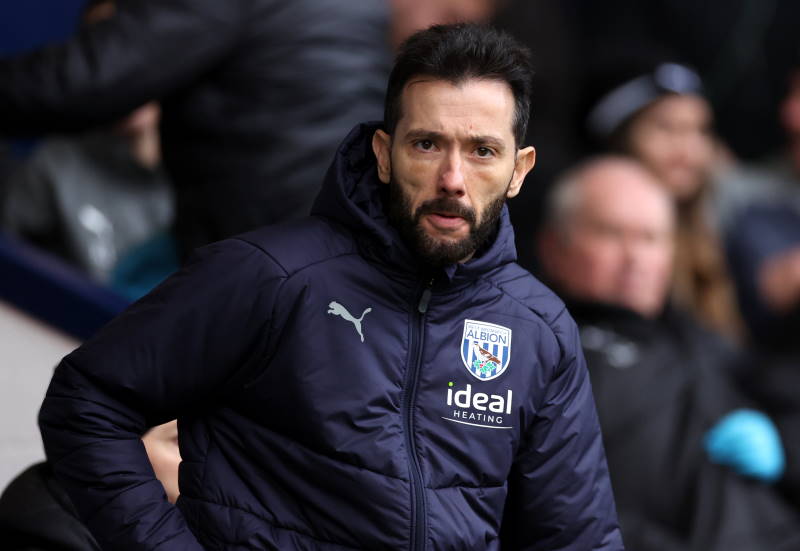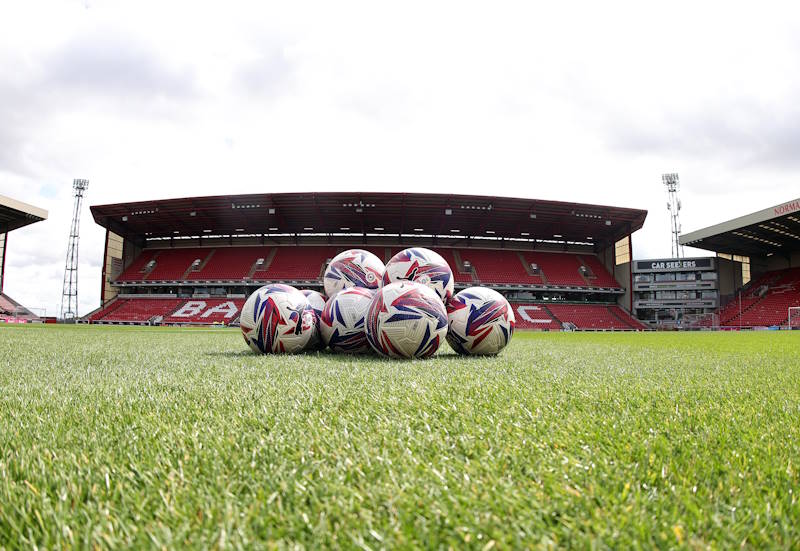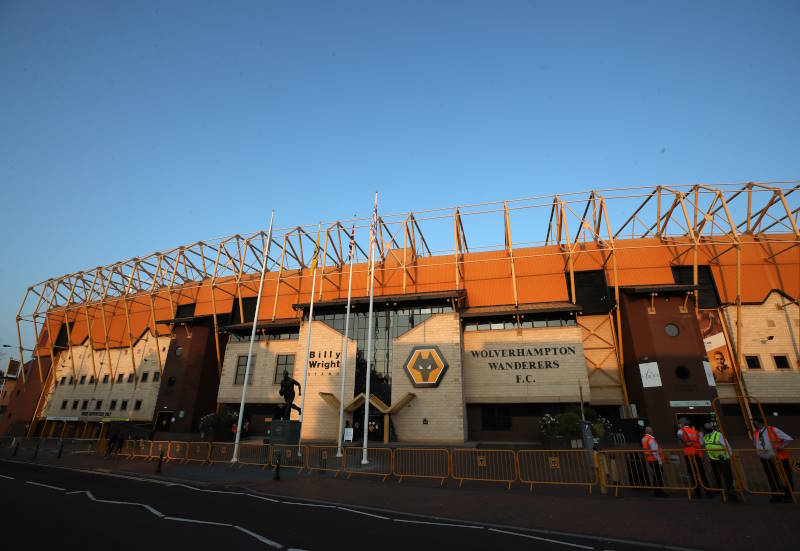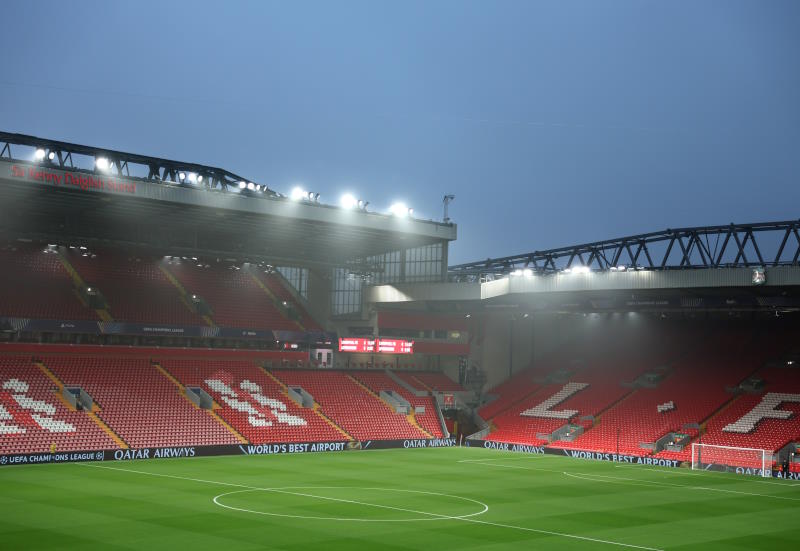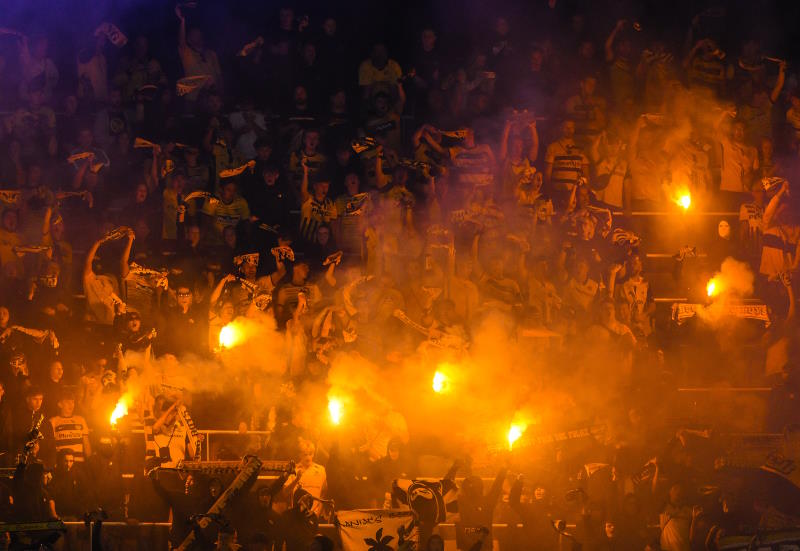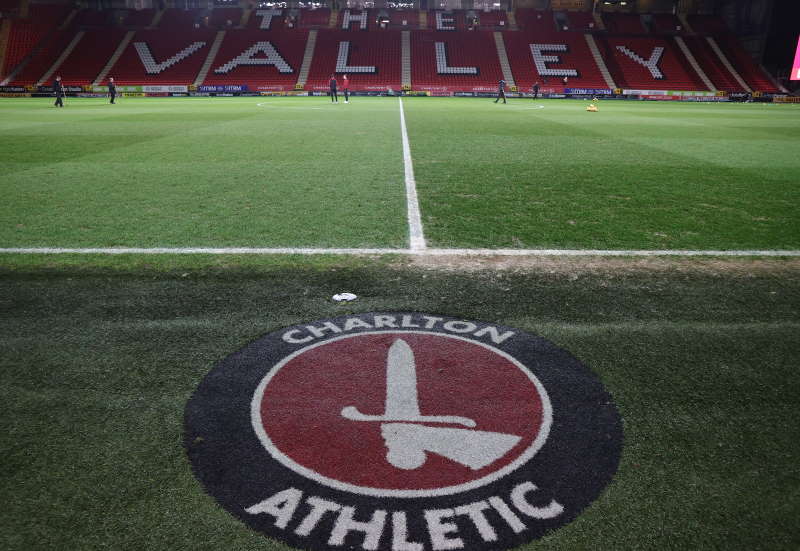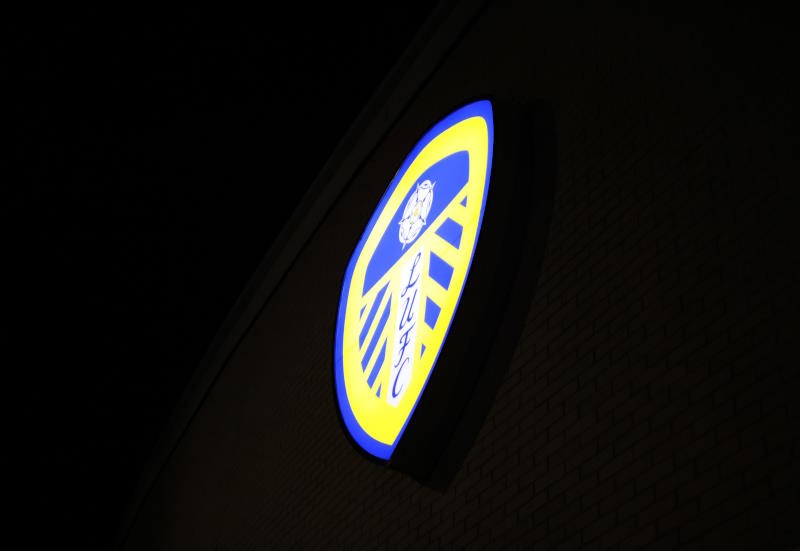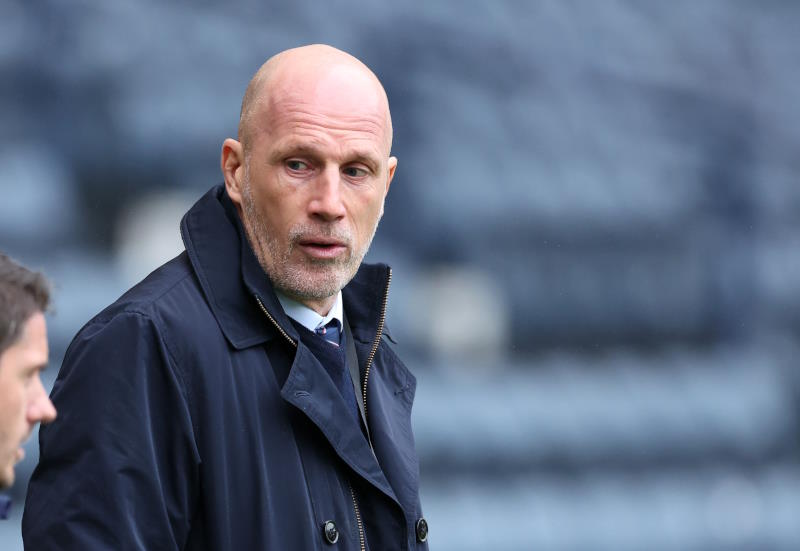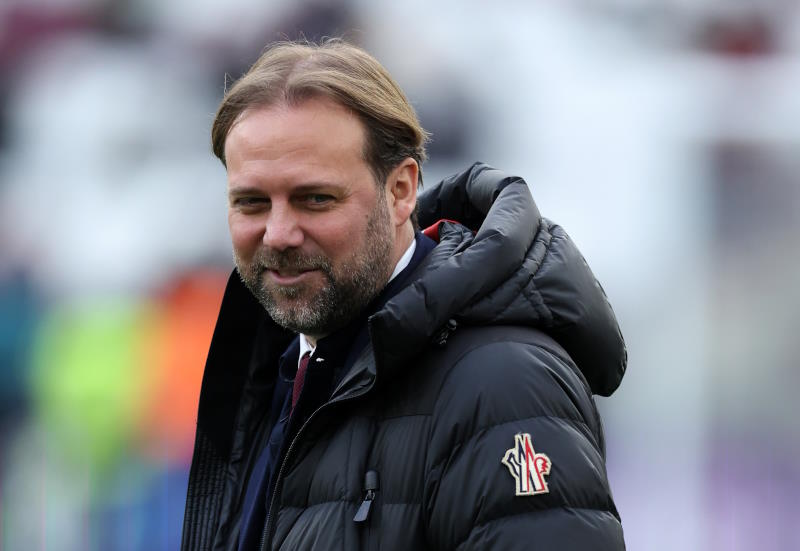
The hype surrounding Manchester United’s re-energised squad has been so overwhelming over the past month that there was no chance of England boss Fabio Capello failing to take note. Capello’s squad to face Bulgaria and Wales featured five United players, with Phil Jones, Chris Smalling and Tom Cleverley joining their more decorated team-mates Wayne Rooney and Ashley Young.
Capello has the youngsters at his disposal but the question remains: will he unleash them?
Without question, United’s start to the season has been impressive – and all of the younger generation have played their part. Though comparisons to the class of ’92 – Ryan Giggs, David Beckham et al. – are premature, the potential is clear and Sir Alex Ferguson’s excitement is palpable. It is a measure of how far that group has come over the summer that Ferguson opted to play Jones and Smalling at Old Trafford against Arsenal on Sunday, leaving Rio Ferdinand on the bench.
All of this has increased pressure on Capello to overhaul his team. Over the past decade, it is no secret that the same players have consistently fallen short at major tournaments. Whether it is put down to inferior talent and technique, tiredness or poor management, England have produced embarrassing performances given the customary big build-up and the talent available. Not reaching a tournament semi-final since Euro ’96 is simply not good enough.
The current team features a core group that is past its prime. John Terry remains a solid Premier League defender but has plenty of chinks in his armour, Frank Lampard and particularly Steven Gerrard have been slowed by injuries while Gareth Barry, Stewart Downing, James Milner and Theo Walcott have often looked out of their depth. The fragility from previous failures weighs heavily on all of their shoulders.
The clock is ticking and a side that might be expected to feature most of the 2010 World Cup flops will not make an impact at Euro 2012. The FIFA rankings have England as fourth in the world but a spot in the lower reaches of the top 10 would be a more accurate representation. Yes, established powerhouses Brazil and Argentina are going through rough patches at present but England do not seem equipped to capitalise with the starting line-up that has featured in the past few games.
The blessing for Capello and England is that he has younger options breaking through onto the scene – and they are getting the playing time at club level to aid their development. The temptation must be there to totally rebuild, blood six or seven youngsters and give them the experience needed to fast-track their rise. Results might suffer in the short-term but the prospects would be far brighter for the World Cups in 2014 and 2018.
Clearly, this is too much to expect from a manager seeking to go out with a bang at Euro 2012. But a compromise is not unfeasible. Capello has perfect opportunities in the coming fixtures to bring the United youngsters into more prominent roles. The Italian could do worse than give Jones, rather than Bolton’s Gary Cahill, the start at centre-back alongside Terry while Cleverley would energise the midfield in a way that Barry cannot. Smalling, meanwhile, has surprised many with his performances at right back and, again, Capello would be setting the right tone if the former Fulham defender gets the nod over Micah Richards.
Bulgaria and Wales will not roll over but England should cruise to victory in both games, with Rooney and Young likely to be the biggest threats. But convincing scorelines against inferior opponents should not deter England from rebuilding. Going toe-to-toe with confident, technical teams like Spain or Holland is a wholly different proposition.
Capello’s spell in charge has less than a year to go and is unlikely to be remembered fondly but by showing faith in the likes of Jones, Smalling, Cleverley and, of course, Arsenal’s breakout star Jack Wilshere, the Italian would earn plaudits for taking the first step towards putting England back among the international contenders.

